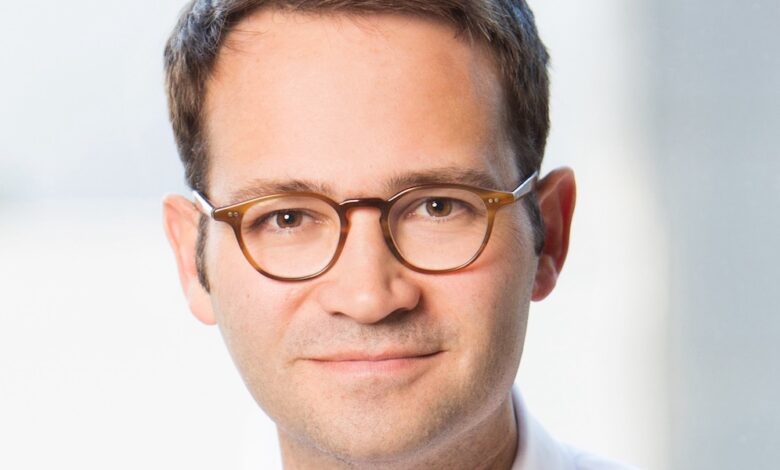Kpler: The journey to bring visibility into global trade

The Google Meet screen crackles into life with François Cazor, co-founder and CEO of Kpler, attired suitably in a corporate gilet. Just behind him is a poster of the first moon landing, something that clearly inspires this tech entrepreneur who was born on the same day, albeit not the year, as the famous Apollo mission.
The conversation with Maritime CEO which ensues carries plenty of rocket-like metaphors from the man who is doing more than most to pilot shipping towards a more tech-enabled future.
“We are only getting started,” Cazor says, following recent buy-outs of vessel traffic firms MarineTraffic and FleetMon, marking Kpler’s fourth and fifth acquisitions in the space of just 18 months, a far cry from the company he founded with fellow engineer Jean Maynier from his kitchen in Paris 10 years ago. Kpler’s warchest was boosted in April last year by a $200m investment from private equity.
“The last two years we have been on a rocket ship, growing really rapidly,” Cazor says, revealing to Maritime CEO that a sixth acquisition will be unveiled shortly, all part of the overall mission at Kpler HQ to bring visibility into global trade.
Kpler has now established itself as one of the big brands in the data analytics business, a sector that is experiencing extreme consolidation this year.
“Kpler has been successful because we focused on data quality,” Cazor says. “Others spent a lot of time of marketing, the colour of the chart, blah blah, but clients want data quality, people forget that.”
The addition of FleetMon and MarineTraffic and their all important AIS signals add a new layer of detail to Kpler’s data offering.
“AIS is vital to map global trade,” Cazor says, going on to explain how Kpler will now go about packaging data to real time platforms to allow clients to make informed decisions quicker than their competitors as well as reining in costs and keeping track of emissions.
In terms of rivals, Cazor admits he is impressed with Veson Nautical, who have been on a similar acquisitions path of late, snapping up the likes of VesselsValue, Q88, and Oceanbolt.
With shipping being a small industry in the grand scheme of things, Cazor estimates there have been around 150 maritime tech companies created over the past decade, many of which have hit the wall in terms of growth and profitability and are now seeking a way out.
“We expect the next 12 months to see a lot of these sales really heating the market,” Cazor says, maintaining that consolidation will be good for the industry.
“There are too many in shipping who tell us they can’t be looking at 12 screens at the same time,” Cazor says. “We need to have two or three big names who dominate the data and workflow questions, who become the backbone.”
